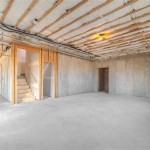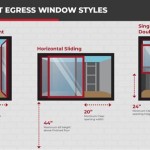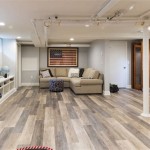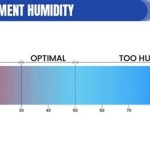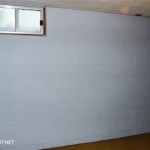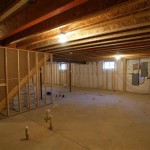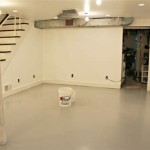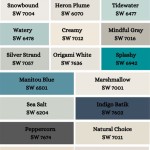Vinyl Plank Flooring in Basement: Essential Considerations
Transforming your basement into a welcoming and functional living space requires careful planning and material selection. Vinyl plank flooring has emerged as a popular choice for basements due to its exceptional durability, water resistance, and aesthetic appeal. If you're considering using vinyl plank flooring in your basement, here are some essential aspects to consider:
1. Water Resistance
Basements are prone to moisture and humidity, making water resistance a crucial factor in flooring choices. Vinyl plank flooring is renowned for its excellent water resistance. It is made of waterproof materials that can withstand spills, leaks, and even flooding, making it an ideal option for basements that may be exposed to moisture.
2. Durability
Basements often experience heavy foot traffic and potential accidents. Vinyl plank flooring is highly durable and can withstand the wear and tear of daily use. Its thick construction and protective top layer resist scratches, dents, and fading, ensuring a long-lasting and pristine floor for years to come.
3. Easy Maintenance
Maintaining a clean floor in a basement can be challenging. Vinyl plank flooring simplifies this task. Its smooth surface is easy to sweep, mop, or vacuum, and its stain resistance makes it resistant to dirt and spills. Regular cleaning and occasional deep cleaning will keep it looking its best.
4. Versatility
Vinyl plank flooring offers tremendous versatility in design and style. It comes in a wide range of colors, patterns, and textures to complement any basement decor. Whether you prefer classic wood looks, modern stone finishes, or contemporary tile designs, vinyl plank flooring has a style to suit your taste.
5. Cost-Effective
Compared to other flooring options, vinyl plank flooring is cost-effective. It is more affordable than hardwood or tiles while providing similar aesthetic value and performance. Additionally, its easy installation and minimal maintenance costs further enhance its budget-friendliness.
6. Comfort and Warmth
Basements can sometimes feel cold and uncomfortable. Vinyl plank flooring provides added comfort and warmth underfoot. Its multi-layer construction includes a cushioned backing that helps reduce sound transmission, making the basement a quieter and more comfortable space.
7. Installation Considerations
Installing vinyl plank flooring in a basement requires careful attention to subfloor preparation and moisture control. It is crucial to ensure a level and dry subfloor before installing the flooring. In basements with high moisture levels, it may be necessary to install a moisture barrier or underlayment to prevent moisture from affecting the flooring.
Conclusion
Vinyl plank flooring is an excellent choice for transforming your basement into a durable, stylish, and comfortable living space. Its water resistance, durability, ease of maintenance, versatility, cost-effectiveness, and comfort make it an ideal solution for basements. With proper consideration of essential factors, you can create a beautiful and functional basement floor that will withstand the test of time and enhance your overall living experience.

What Is The Best Flooring For Basements Get Pros And Cons

The Best Flooring Options For Your Basement

Lvt Vs Carpet What S Better For A Basement

5 Best Types Of Basement Flooring Home Matters Construction

Luxury Vinyl Plank In Basements

Installing Luxury Vinyl Plank Flooring In Our Basement Week 5 Of The One Room Challenge Willow Bloom Home

Lvt Vs Carpet What S Better For A Basement

Vinyl Plank Flooring Installation Basement Remodel Before And After

Best Flooring For Basement Floor City

How To Install Vinyl Or Laminate Floors In A Basement Over Concrete Slab Youtube
See Also

